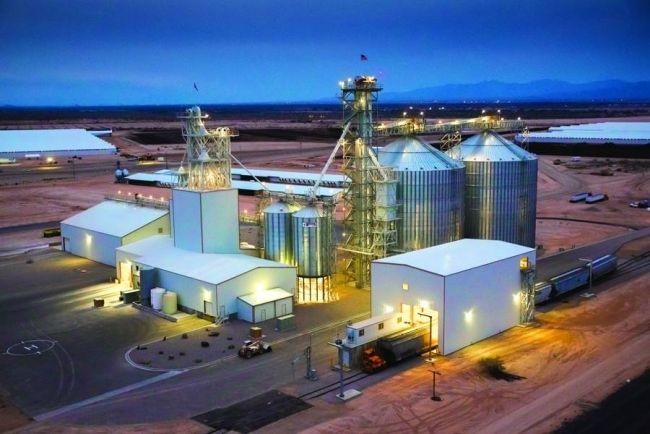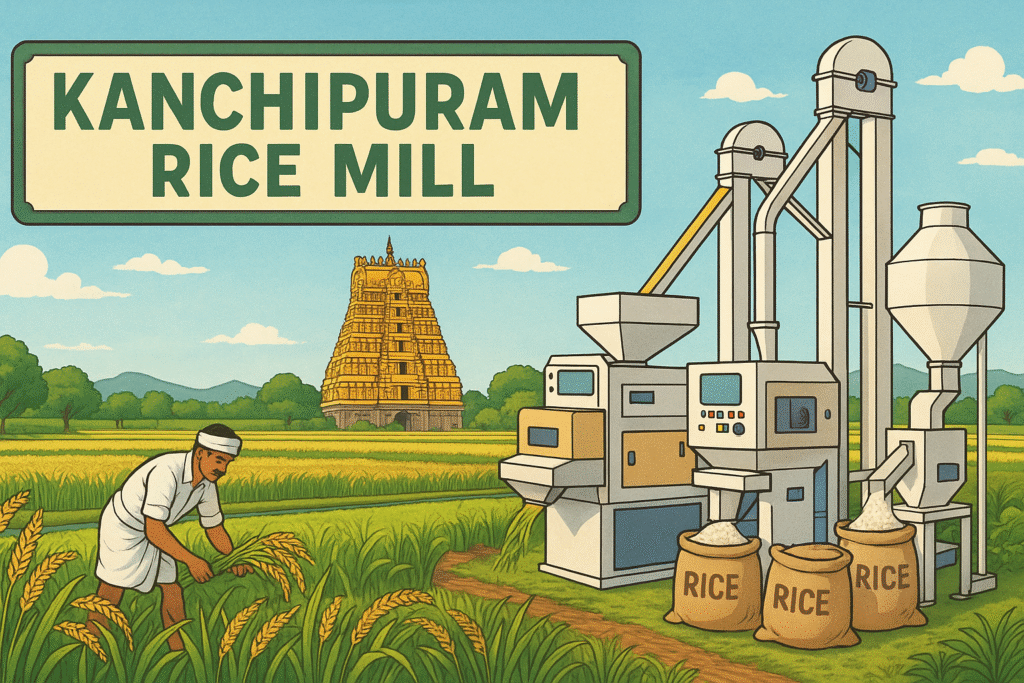Harmony in Grains: Tirupathi’s Rice Mills Weaving Tradition and Innovation

Introduction:
Tirupathi, a city nestled in the heart of Andhra Pradesh, not only stands as a prominent pilgrimage site but also holds a key position in the agricultural landscape. Amidst its rich cultural tapestry, the rice mills in Tirupathi play a crucial role in sustaining the agricultural heritage and contributing to the region’s economic vitality.
Historical Roots:
The history of rice cultivation in Tirupathi dates back centuries, and the cultivation of rice has been intertwined with the cultural and economic fabric of the region. The establishment of rice mills became a natural progression to meet the growing demand for processed rice, catering not only to local needs but also reaching diverse markets beyond the city.
Traditional Practices:
Tirupathi’s rice mills have retained a connection to traditional agricultural practices, reflecting the region’s commitment to preserving its cultural roots. Many mills in the area still use time-honored techniques, emphasizing the artistry involved in rice processing. This blend of tradition and innovation distinguishes Tirupathi’s rice mills in the larger agricultural landscape.
Technological Advancements:
While tradition holds a special place, Tirupathi’s rice mills have also embraced modern technologies to enhance efficiency and output. The integration of state-of-the-art milling equipment has not only increased production capacity but has also improved the quality of processed rice. This dual approach reflects a commitment to meeting the demands of a rapidly evolving market while maintaining the authenticity of the region’s rice production.
Economic Impact:
The rice mills in Tirupathi are significant contributors to the local economy. They provide employment opportunities for the community, ranging from skilled technicians to laborers involved in various stages of the milling process. The economic ripple effect extends beyond the mills, impacting farmers, suppliers, and distributors, creating a symbiotic relationship that fosters sustainable growth.
Quality Assurance:
Quality control is a top priority for rice mills in Tirupathi. Adhering to stringent standards ensures that the processed rice maintains its nutritional value, taste, and texture. This commitment to quality has positioned Tirupathi’s rice mills as reliable sources for premium rice varieties, attracting consumers both locally and globally.
Challenges and Opportunities:
Despite the success, Tirupathi’s rice mills face challenges such as fluctuating market demands, environmental concerns, and the need for continuous innovation. However, these challenges also present opportunities for the industry to explore sustainable practices, diversify product offerings, and engage in collaborative efforts for collective growth.
Conclusion:
The rice mills in Tirupathi stand as pillars of agricultural heritage, blending tradition with innovation to create a thriving industry. As they continue to evolve, these mills contribute not only to the local economy but also play a vital role in preserving the cultural identity of the region. In the heart of Tirupathi, the rhythmic hum of the rice mills echoes the harmony between the past and the future, symbolizing a commitment to sustaining both tradition and progress.




